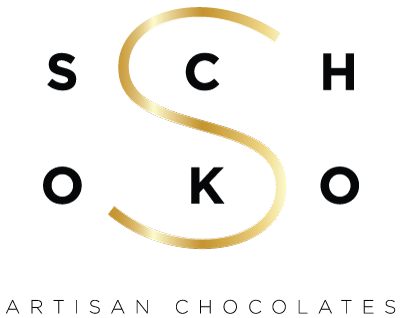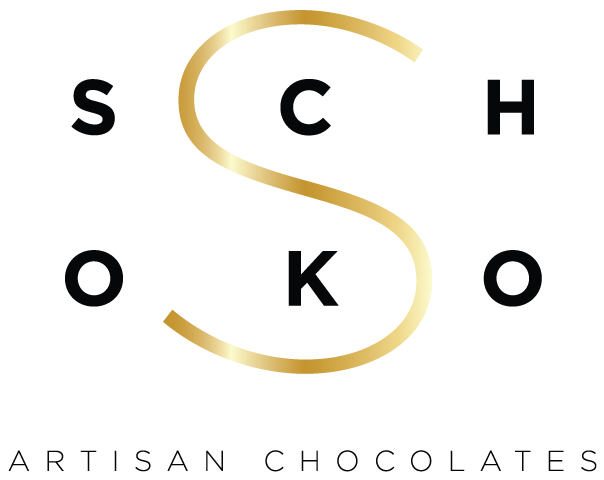Chocolate – the food that God gave us is savored by most Australians as a readily available treat. From the humble chocolate bar to the singularly sourced handmade premium chocolates – chocolates can never fail to deliver.
Indeed there can be nothing like chocolates. If you contemplate the hedonistic appeal of chocolate - the taste, the feel, the texture with the olfactory properties and soothing wrapping – to be perfectly honest, chocolates are probably the only thing that can be gulped down whenever you feel the urge without ever being too worried about breaking the bank.
In Australia, we consume chocolate at the rate of five to six kilograms per person every year. We demolish our Easter eggs, rabbits and bilbies and then there's Mother's Day, the holiday season with Christmas followed by the valentine week – believe me, though there are plenty of excuses, the Australians don’t actually need one or wait for the next to indulge themselves. And as the handmade chocolates are gaining traction over the generic industrial chocolate bars, it has never been easy to let the loved ones know how special they are by giving personalized gifts to them. And as such, please have a look at schokochocolates.com to concoct the best gift idea to portray your personal touch solidifying your devotion to your loved ones.
So, it’s no wonder that Australia’s chocolate industry is worth $2.5 billion each year. And the trajectory is always on the rise.
For millennia, cocoa products have been regarded as an exclusive item. History tells us that the infamous Incas perceived it as their Gods’ beverage of choice.
The scientific name of the cacao or mostly known as cocoa trees is Theobroma Cacao - originates from the Greek words theo (god) and broma (drink) – hence the name ‘the drinks of the Gods’, which prompts the question – do the Gods drink cocoa? The discussion ensued is best left to the theologists.
But for the mundane people like us, science has undoubtedly proved that chocolates are more than merely a lenient endeavor to satisfy the naughty thrill of losing ourselves in a chocolaty maze, rather the cocoa has also been widely acclaimed to be possessed with health-enhancing attributes.
Chocolate products like handmade chocolates and dark chocolates which are made specially highlighting the star ingredient ‘cocoa’ consist of high content of plant-derived flavanols (about 6% to 8% polyphenols by dry weight) and these unique chemicals are mainly responsible for the unparalleled flavor and fragrance. When we consume the finished products, especially handmade chocolates, many of these natural chemical compounds remain biologically active and exhibit antioxidant and anti-inflammatory qualities. This can’t be said for the factory-made industrial chocolates. On the other hand, due to the time-consuming and delicate process of making handmade chocolates, the beneficial elements of the cocoa beans remain uncontaminated in the handmade chocolates. One of the main contributing factors for that to happen is that there are almost zero to very little quantities of man-made chemicals used when the handmade chocolates are produced.
The historical mystique of chocolate has set in motion many scientific studies to find the health-enriching properties of chocolates.
Let’s start with the flavanols. Cocoa is one of the sources of plant-descended flavonoids and to be honest, much more copious sources like tea, grape juice, wine, various berries and gingko are also good sources of beneficial flavanols to men. And there is also the process of conventional chocolate manufacturing which usually diminishes the concentration of flavanols. As I have mentioned earlier, handmade chocolate makers like schokochocolates.com don’t follow the industrial process and they are able to keep the flavanols intact for the most part. It's noteworthy that cocoa powder and dark chocolate have the highest concentration of flavonoid content, and usually white chocolates carry the lowest.
There have been many studies conducted in a number of randomized clinical trials. And the results usually don’t make the chocolate fanatics disappointed. Let’s say, a regular dose of handmade or dark chocolate, where cocoa beans are not added with additives or synthetic chemicals, can decrease our systolic blood pressure by about 4 to 5 mmHg. In simple terms, this means that our chance of having a heart attack or stroke is reduced, on average from 8% to 10%. The scientists also believe that chocolates consisting of cocoa butter found predominantly in handmade chocolates can reduce cholesterol. The reason is cocoa butter which is a fat derived from cacao plants are known to comprise large amounts of monounsaturated fat and those monounsaturated fats are responsible for eliminating bad cholesterol mostly known as LDL (low-density lipoproteins).
However, the saturated animal fat and palm oil which are regularly used in modern factory-made chocolates quite literally remove this benefit.
Then there is the fact that chocolate flavonoids can affect our mood and increase the sense of our wellbeing. This feel-good feeling is actually psychological - our brain cells get the feelings of empowerment whenever it is fed a little bit of chemical enhancer in the form of chocolates. It’s the little luxury like engaging in doing something only for yourself alone – more like buying clothes or shoes, by doing which you can lift your mood.
Chocolate has an accolade of being an aphrodisiac, mainly because of its undertone with luxury. In essence, cocoa can open up our blood vessels which in turn accentuate sluicing and finally erections.
It is said that most of the effects of uncontaminated cocoa mostly found in handmade premium chocolates are connotational - a little feel of luxury, a little splash of pampering and in the blink of an eye, we’re in the mood.
But the truth is, there aren’t that many foods that can not only make us happy but can be healthy and affordable as well.
So, undoubtedly handmade premium chocolates are not only tasteful, addictive and beautiful but they make us healthy as well.
So, enjoy the gift that keeps on giving.


